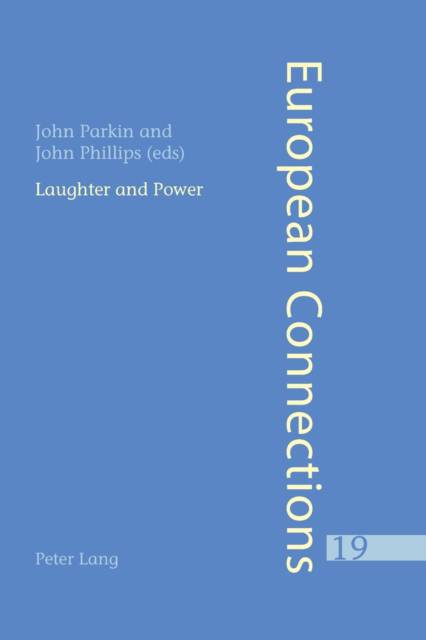
- Afhalen na 1 uur in een winkel met voorraad
- Gratis thuislevering in België vanaf € 30
- Ruim aanbod met 7 miljoen producten
- Afhalen na 1 uur in een winkel met voorraad
- Gratis thuislevering in België vanaf € 30
- Ruim aanbod met 7 miljoen producten
Zoeken
Omschrijving
Laughter and power are here examined in a variety of contexts, ranging from the satires of Renaissance Humanism through to the polemics of contemporary journalism. How do the powerful use laughter as a cultural weapon which reinforces their position? How do the powerless use laughter as a last resort in their self-defence? Sixteenth-century intellectuals applied their satires to a campaign against intolerance. Seventeenth-century absolutism demanded of comedy that it serve its interests. Yet subversive humour survived, even at the court, and led through the Enlightenment to its apogee in the black humour of Sade. Twentieth-century experimental fiction owes that trend a conscious debt. Meanwhile an aesthetic tradition, represented here by Flaubert, Beckett and Queneau, incites a laughter which releases tension rather than raising awareness. As humour theorists, Bergson, Freud and Koestler help focus these concerns.
Specificaties
Betrokkenen
- Uitgeverij:
Inhoud
- Aantal bladzijden:
- 260
- Taal:
- Engels
- Reeks:
- Reeksnummer:
- nr. 19
Eigenschappen
- Productcode (EAN):
- 9783039105045
- Verschijningsdatum:
- 3/03/2006
- Uitvoering:
- Paperback
- Formaat:
- Trade paperback (VS)
- Afmetingen:
- 152 mm x 229 mm
- Gewicht:
- 353 g

Alleen bij Standaard Boekhandel
+ 286 punten op je klantenkaart van Standaard Boekhandel
Beoordelingen
We publiceren alleen reviews die voldoen aan de voorwaarden voor reviews. Bekijk onze voorwaarden voor reviews.






